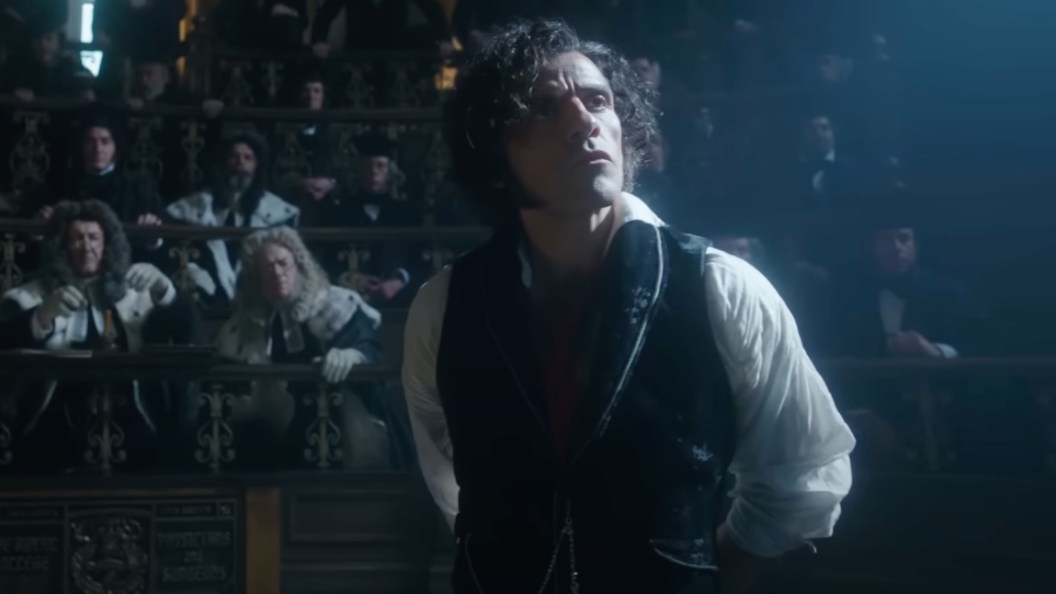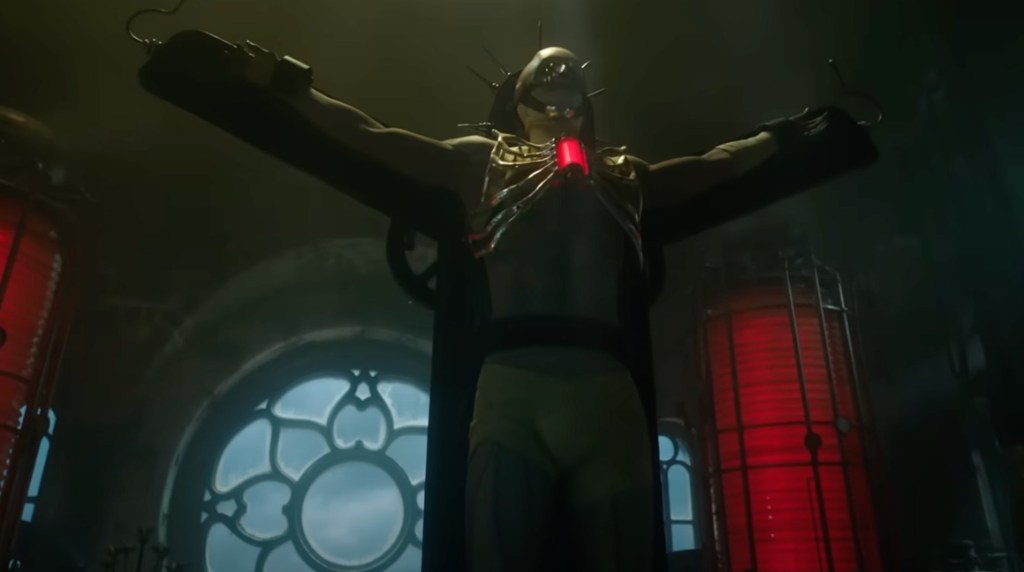
After years of waiting and creative stewing, Guillermo del Toro’s Frankenstein adaptation is finally imminent. This production, which stars Oscar Isaac, Mia Goth, and Jacob Elordi, is set for a theatrical run in a handful of theaters on October 17th (thus ensuring it can qualify for the Oscars) before hitting Netflix streaming worldwide on November 7th. That will make its theatrical run align with the final weeks of the Halloween season while ensuring its streaming premiere kicks off a bustling deluge of new Netflix titles scattered throughout November and December.
Just as these release plans are clear, so too is it apparent that Netflix’s biggest problem persists. This streamer must embrace big, traditional theatrical roll-outs instead of its current minimal theatrical footprint.
Netflix’s Current Theatrical Approach Is Insultingly Small

Starting with Netflix’s inaugural original film, Beasts of No Nation, this streamer’s been very consistent in its approach to theatrical releases. Movie theaters are only useful for the company in ensuring its titles qualify for the Academy Awards. Netflix movies only receive two or three weeks of theatrical exclusivity before going to their primary digital home. This emphasis on keeping films confined to the Netflix streaming platform is why so many of the company’s works never get physical media releases.
Netflix has only strengthened its resolve to this release strategy in recent years, even as other streamers like Apple TV+ and Amazon Studios have learned to stop worrying and love theatrical releases. Titles like F1: The Movie and Challengers would’ve never had anywhere near their pop culture impact if they had gone straight to streaming. Recently, Cindy Holland, the leader of Paramount streaming operations like Paramount+, declared that streaming-exclusive movies were not a priority for her. While the industry trends away from streaming-exclusive releases of motion pictures, Netflix stays committed to this phenomenon.
That’s not such a problem for forgettable Netflix comedies like The Out-Laws or Happy Gilmore 2. Goodness knows a big screen experience wouldn’t have also turned something like Emilia Perez into a quality movie. However, Guillermo del Toro’s Frankenstein is one title that is just crying out for a proper, extended theatrical run. This filmmaker’s works are sumptuous visual treats that make every inch of the big screen canvas. Restricting Frankenstein on the big screen to a handful of Oscar-qualifying cities will deprive so many of the chance to see a cinematic master in a distraction-free environment.
Netflix Needs to Make Exceptions to Its Movie Release Strategy

The only modern instance of Netflix providing something close to its general release strategy came in November 2022, when Glass Onion: A Knives Out Mystery was dropped into 698 theaters over Thanksgiving. This release was restricted to just seven days, and, allegedly, smaller movie theater chains were not allowed to play the title. While lucrative in its short time on the big screen, Glass Onion has been a grave exception in Netflix’s default standard of 14-21 days of theatrical exclusivity. As a reflection of that reality, Glass Onion’s sequel, Wake Up Dead Man, is not currently slated to receive anything resembling a wide theatrical release.
Greta Gerwig’s The Magician’s Nephew is also slated to get a wider IMAX-exclusive release in November 2026, but again, that’s a drastic exception. Guillermo del Toro’s Frankenstein will not be receiving that treatment, a frustrating reality encapsulating how Netflix must fix its apathy towards movie theaters. Theatrical releases are just a great way to get movies on people’s radar compared to dropping things into the overstuffed streaming landscape. Plus, in a darkened theater, where phones are off and no reminders of the wider world are in your line of sight, movies truly come alive. This is just the kind of space where past del Toro movies like Pan’s Labyrinth and The Shape of Water excelled.
Initially giving a big, wide release to something like Frankenstein could help the feature stand out to people, rather than immediately placing it beneath tiles of Love is Blind and Is It Cake? This problem has existed at Netflix for ages now, and it’s a shame it’s now ensnaring Frankenstein and a filmmaker like del Toro. If something as dismal as I, Frankenstein could get a proper wide theatrical release, then surely Netflix’s new Frankenstein movie, along with other major new movies from the streamer, deserves that same treatment.
Frankenstein hits select theaters on October 17th and Netflix on November 7th.
Do you think Netflix needs to change its strategy? Let us know in the comments below!
The post Guillermo del Toro’s New Movie Is a Reminder Netflix Must Fix One Big Problem appeared first on ComicBook.com.

